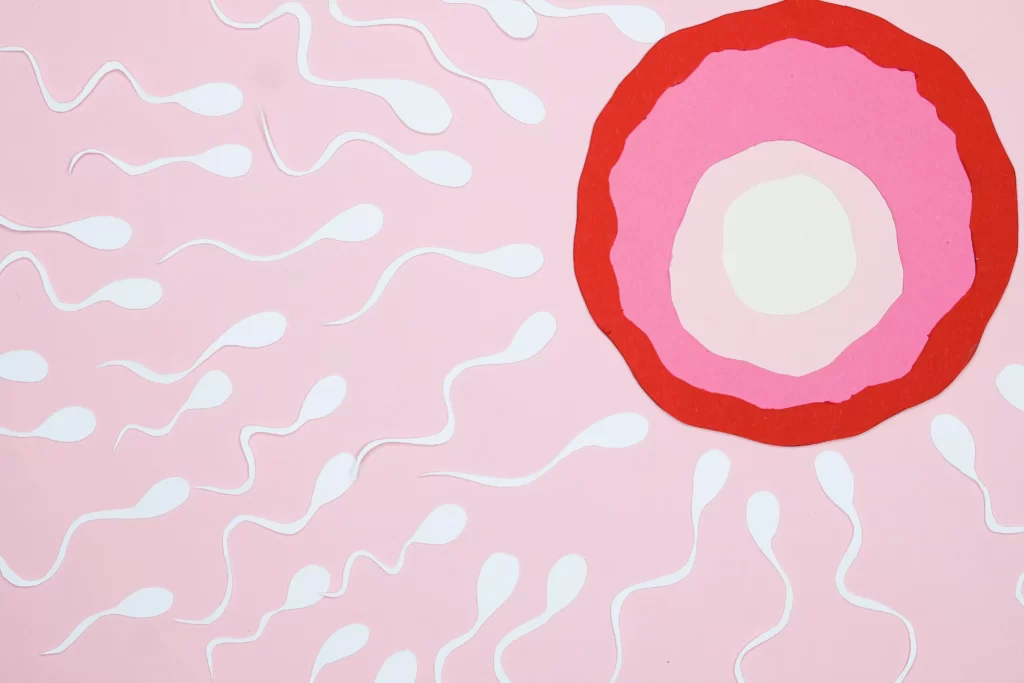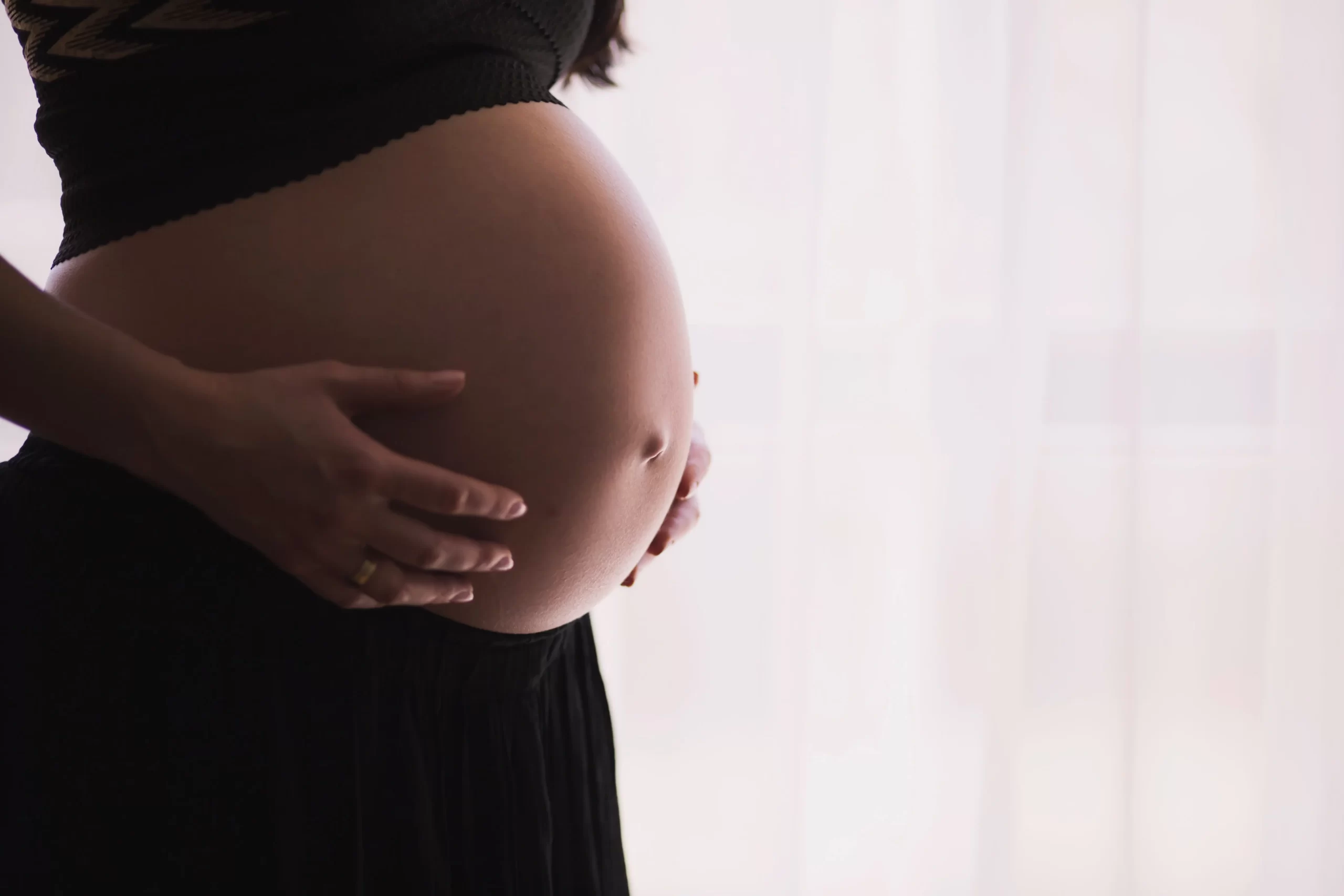Highlights
- What is fertilization ?
- How to get pregnant ?
- What are the symptoms of fertilization in women ?
What is Fertilization in human 2023: what is fertilization and what are the symptoms of fertilization. This article will let you understand how to get pregnant. Fertilization occurs when a woman’s egg released during ovulation combines with a man’s sperm. This process takes place in the Fallopian tube of the uterus. This fertilized egg then passes on to the uterine cavity where it gets implanted in the walls of the uterus.

Basic knowledge of the fertilization process will help you understand the reproductive system and help you in planning your pregnancy.
Males produces millions of sperm in a ejaculate during the time of intercourse. But in a female only one egg is produced per menstural cycle.
WHAT IS FERTILIZATION?
As described , when a female egg combines with a sperm, fertilization occurs. Ovulation occurs when ovary releases a mature egg. And when this mature egg comes in contact with a healthy sperm and combines with it , fertilization occurs. The fertilised egg now develops a layer around it so that no further sperm is allowed to enter the egg now.
The fertilised egg or we can now say the zygote moves through the tube and enter the uterine cavity. The fertilised egg burrows itself in the lining of uterus . In the uterus lining further cell division takes place and ultimately foetus is formed.
If the egg is not fertilised by the sperm after ovulation, the unfertilised egg moves from the uterus to the vagina. The uterus lining then sheds itself after about 14 days , thus resulting in your menses/periods.
WHERE DOES FERTILIZATION TAKES PLACE ?
There is a myth that fertilization of the egg takes place in the uterus. But the fact is that, it takes place in the Fallopian tube.So healthy fallopian tubes are very important factor that helps to conceive.Sometimes Fallopian tubes are patent as seen in HSG, but there is loss of ciliary movement in the tubes that facilitate movement of egg.
The fertilized egg moves from Fallopian tubes into the uterine cavity and is implanted there. This process is called implantation.
However implantation can also occur outside the uterus like in Fallopian tubes, ovary, cervix or abdomen. When such happens , this is called ectopic pregnancy. These types of pregnancy have to be terminated either by medicines or surgery depending upon the circumstances.So need for early dating ultrasound after conceiving is very important as it also tells the location of pregnancy.
Also read: Ultrasounds in pregnancy
WHEN DOES FERTILIZATION OCCURS ?
The best chances of fertilization are 14 days before next period. This is the time of ovulation. Sperm should reach the egg during this time so that it can fertilise the released egg. There is very small window of time for the spermicide to fertilise the egg as egg survives only for 24 hours and only a single egg is released per menstural cycle.
So this has to be kept in mind while planning to conceive.
Also, during the menstural cycle only one side of ovary releases the egg.So the sperm has to enter the correct Fallopian tube at the correct time. Many patients conceives with timed intercourse when these things are kept in mind.
WHAT ARE THE SYMPTOMS OF FERTILISATION?
Some of the symptoms of fertilization are:-
- Implantation bleeding
- Breast heaviness and tenderness
- Slight pink vaginal discharge
- Increase in basal body temperature of body
- Fatigue and headache, dizziness
- Mood swings
- Nausea
It should be noted that not all symptoms mentioned above are felt by women. Sometimes there may be no symptoms of fertilization and the pregnancy is diagnosed when checked with pregnancy kit when periods are overdue.
Also Read: What is Implantation Bleeding ?
LIFE OF SPERM INSIDE THE FEMALE BODY ?
Sperm survives for about 72 hours in the female genital tract after ejaculation. And the egg survives only for about 12 to 24 hours after ovulation.
Since the life of egg is very less, so the sperm should reach the egg near/ at the time of its release otherwise fertilization does not take place. The this cycle is wasted because only one egg is released per cycle, the next egg will be released in next menstural cycle.
So the perfect timing and the right conditions are needed for you to conceive and enjoy the sweetest journey of motherhood.
Also read: Bleeding in early Pregnancy ?



